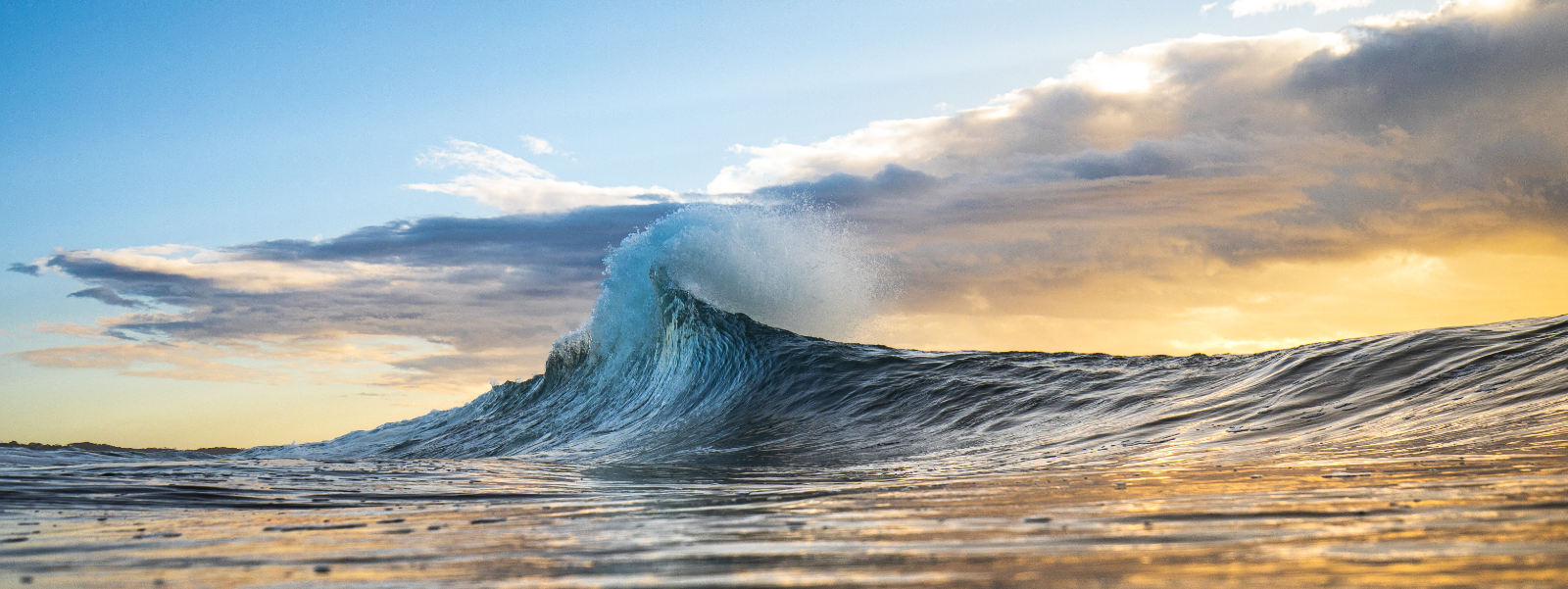
A University of Strathclyde academic has played a key role in international research forecasting the impacts of climate change on the world’s coastal oceans to the end of the century.
Dr Bahareh Kamranzad, Lecturer in Civil and Environmental Engineering at Strathclyde, is a contributing author on the landmark study, Future climate Projections in the Global Coastal Ocean, published in the Progress in Oceanography journal.
The study assesses how climate change will alter ocean temperature, salinity, sea level and currents across the global coastal ocean – regions which host diverse ecosystems and are home to more than a third of the world’s population.
Significant warming
Using advanced climate models and high-resolution data, the study projects significant warming in coastal ocean regions by 2100 under high-emission scenarios, with associated changes in salinity and ocean dynamics. These transformations are expected to have profound consequences for biodiversity, fisheries, coastal communities and the wider climate system.
The work is part of the UN Decade of Ocean Science for Sustainable Development project Future Coastal Ocean Climates (FLAME), part of the CoastPredict programme. It draws on expertise from more than 40 leading institutions across four continents. Dr Kamranzad contributed expertise in ocean dynamics, coastal processes and climate modelling, helping to analyse key physical changes that will affect the resilience of coastal systems in the coming decades.
Dr Kamranzad said:
Coastal regions are not only highly dynamic and diverse, but they also face increasing pressures from climate change, development and environmental degradation. This research offers vital insights into how coastal ocean conditions may evolve and what this means for ecosystems, coastal infrastructure and energy planning.
“By understanding these projected changes, we can better inform adaptation strategies, sustainable development, and the design of resilient coastal systems globally.”
Coastal changes
The study highlights how coastal areas are particularly vulnerable due to their shallow waters and proximity to land-based impacts, such as freshwater discharge and pollution. Changes in coastal ocean conditions could affect key industries such as fisheries and offshore energy, while also exacerbating risks such as sea-level rise and coastal erosion.
The research aligns with the University’s Centre for Sustainable Development, which integrates climate science, engineering and policy to support sustainable progress worldwide.